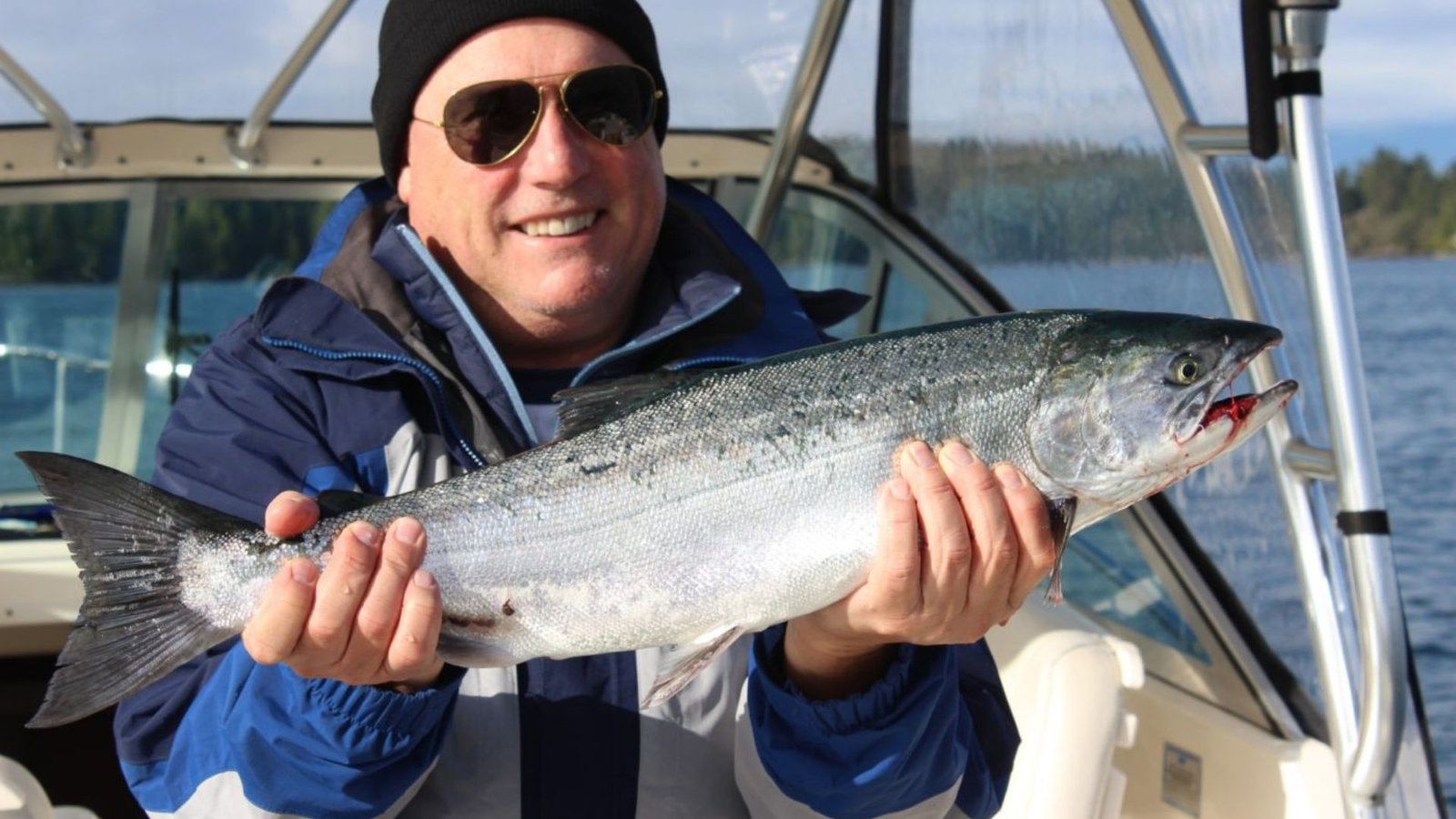-
Choose the Right Gear:
- Opt for saltwater-specific fly rods and reels designed to handle the conditions and size of fish you expect to encounter.
- Use heavier leaders and tippets to withstand the corrosive nature of saltwater and the strength of saltwater fish.
-
Select the Appropriate Flies:
- Pick flies that mimic saltwater prey such as shrimp, crabs, and baitfish.
- Ensure your flies are tied on corrosion-resistant hooks to withstand saltwater conditions.
-
Understand Saltwater Tides:
- Learn how tides affect fish movement and feeding patterns.
- Time your fishing trips around incoming or outgoing tides when fish are most active.
-
Locate Fish Habitats:
- Look for underwater structures like reefs, flats, and drop-offs where fish congregate.
- Watch for signs of baitfish or birds diving, indicating the presence of predatory fish.
-
Master Casting Techniques:
- Practice casting in windy conditions typical of saltwater environments.
- Learn to cast accurately and at varying distances to reach different feeding zones.
-
Retrieve Techniques:
- Experiment with retrieves such as stripping, twitching, and pausing to mimic natural bait movements.
- Vary your retrieve speed and depth to entice strikes from different fish species.
-
Be Mindful of Wind and Weather:
- Monitor weather forecasts and wind conditions before heading out.
- Use the wind to your advantage when casting and presenting your fly.
-
Stay Safe and Respectful:
- Be aware of your surroundings and potential hazards like strong currents and marine life.
- Practice catch-and-release to preserve fish populations and their habitats.
-
Prepare Properly:
- Bring essential gear including sunscreen, polarized sunglasses, and adequate hydration.
- Pack a reliable saltwater-safe fly box with a variety of flies for different conditions.
-
Learn from Local Experts:
- Seek advice from local guides or seasoned anglers familiar with saltwater fly fishing.
- Attend workshops or join fishing clubs to enhance your skills and knowledge.





